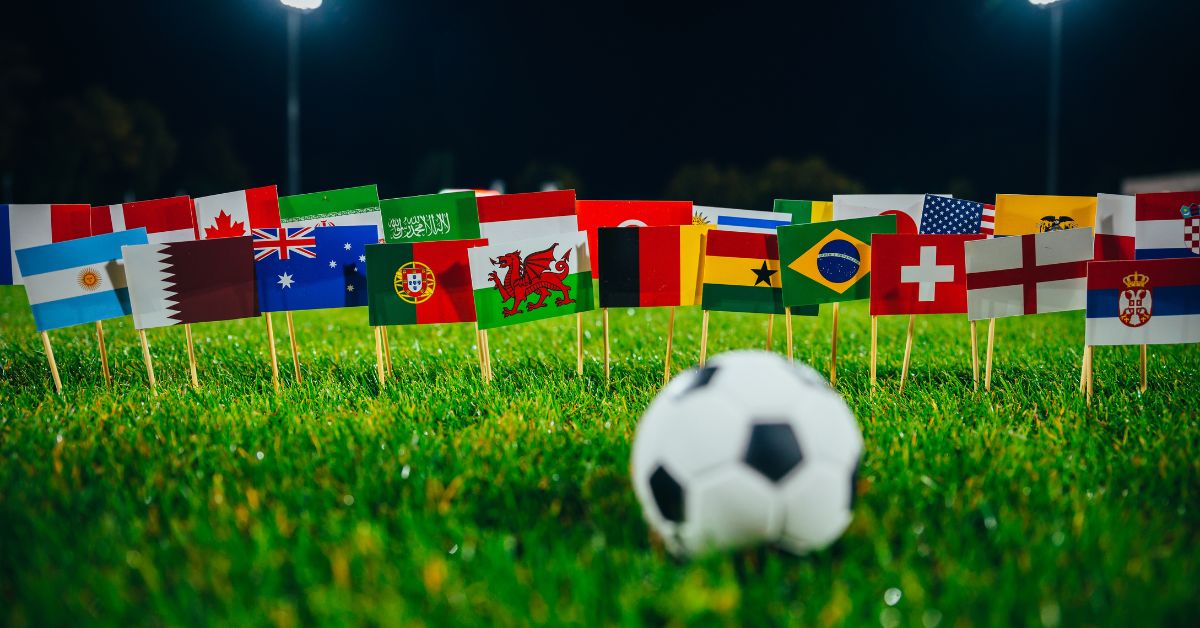Blog
The U.S. Wants to Host the World Cup — But Not the World
Last Updated:
August 22, 2025
Last Updated:
September 11, 2025
Blog
Last Updated:
August 22, 2025
Last Updated:
September 11, 2025

The FIFA World Cup is meant to be a unifying event. For one month, soccer fans from all over the world come together to celebrate their love of the game.
But with the 2026 tournament coming to the U.S., Canada, and Mexico next summer, that vision is already under threat because of Trump’s immigration policies. Instead of preparing to welcome the world, the U.S. government is making it harder for people to come at all.
Trump’s travel ban on 12 countries, cuts to visa processing, and anti-immigrant theatrics like sending Marines into Los Angeles have created real fear for fans, workers, and even players.
Several countries in Europe are already warning their citizens (especially LGBTQ+ people) about traveling to the U.S. Even for those not directly targeted by Trump’s policies, the image of the U.S. as a hostile, unpredictable place is enough to make some think twice.
Unlike the previous World Cup in Qatar or Russia, where your match ticket doubled as visa, the U.S. is making many visitors go through the normal visa process. For some fans, especially ones from South America and Africa, this means waiting months just for an interview.
Colombia, for example, is a soccer-loving country that has a strong chance of qualifying for the World Cup. The wait time for a tourist visa interview for Colombians is 18 months. The World Cup will be over by then.
Local organizers in upcoming host cities are doing their best to make fans feel welcome, but there’s only so much they can do if the federal government is sending the opposite message. Human rights promises from FIFA sound nice, but they’re meaningless if the people they’re meant to protect can’t even enter the country.
Even if you’ve never watched a match in your life, the World Cup is a big deal. It’s the most watched sporting event on the planet. It boosts tourism, cultural exchange, and international recognition and goodwill. Local restaurants, bars, and businesses will see a surge in customers as people come to see the games.
Hosting the World Cup is a massive privilege. The upcoming 2026 tournament is estimated to generate hundreds of thousands of jobs and billions of dollars. If we can’t guarantee that people from all over the world can attend safely, do we really deserve that privilege?